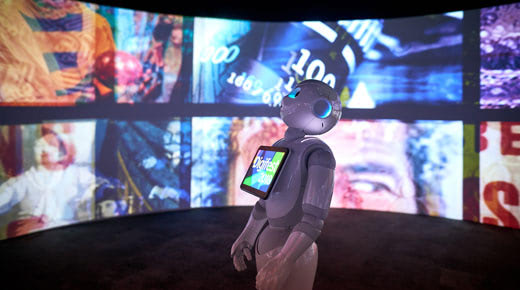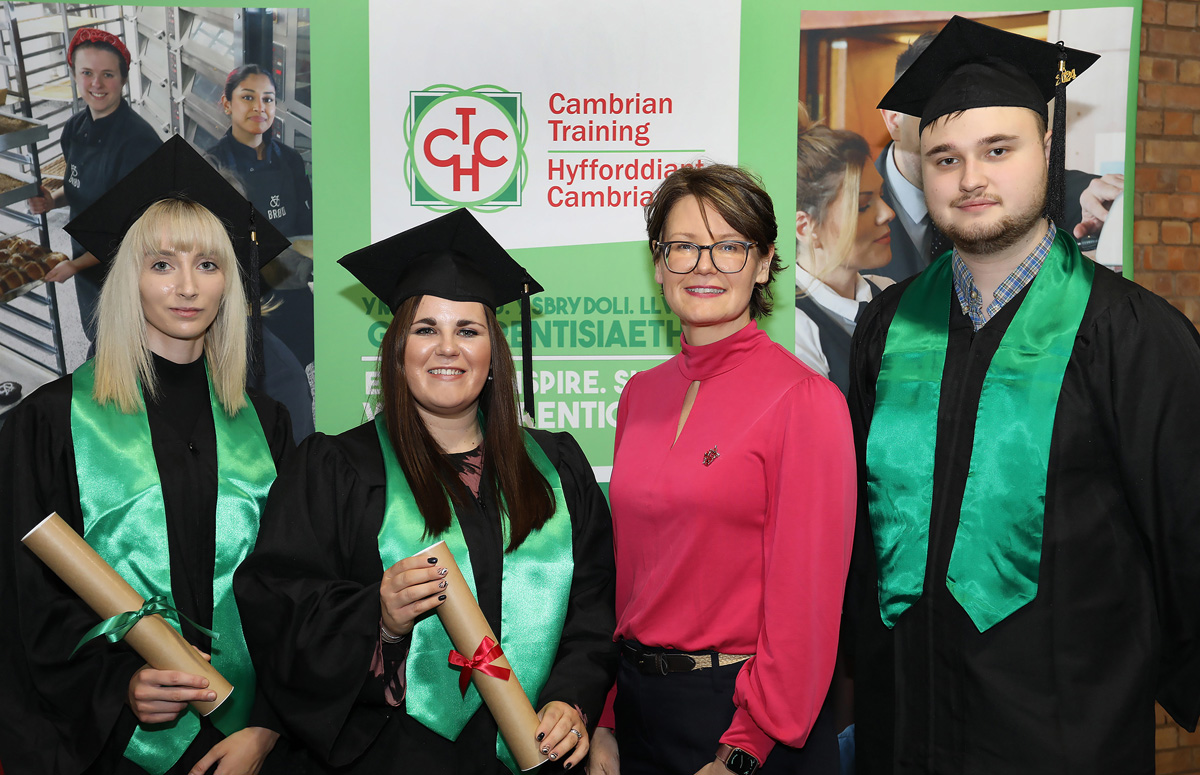Artificial intelligence could revive a Hellenic idea of education, Jisc chief executive predicts

Artificial intelligence will bring back the “glittering spires” of universities, chief executive at Jisc Paul Feldman predicted at a conference on Thursday.
Speaking during a session exploring the challenges for the sector posed by artificial intelligence, Feldman described how little more than two decades after the internet driven third revolution in education, we are now facing a fourth one.
Like many previous revolutions, he said this would bring downsides, along with the many benefits. These would need to be managed, he insisted.
Feldman explained how the third revolution had not changed education in the same way it had transformed other sectors.
“AI is going to be the technology that finally means we are going to fundamentally change,” he said.
Feldman said that at the present time, artificial intelligence is “a misnomer” as the technology that it describes is currently merely learning and adapting.
Feldman predicted that AI can transform “university sweatshops”, taking some 40% of those jobs that are bureaucratic, leaving teachers to do the higher value activities.
“I can see a situation with teaching that is not far off from the Greek philosophers sitting around engaging in debate,” he said. “We would be mass producing the tutor system and educating people to the best standard.”
AI will change research as much as teaching, Feldman suggested, citing its ability to rapidly process masses of research data. He said computer-driven processes like this had discovered that a component of toothpaste can cure melanoma, but humans would still need to test this theory.
Paul said:
“This is the beginning of a revolution. There are hundreds of years before the next one and we have a lot to learn. There is a danger that we rush headlong into lots of stuff that is going to bring us down. The precautionary principle we use for environment issues should also be used with AI”
Inform
Other participants in the panel discussion included Sir Anthony Seldon, vice-chancellor at the University of Buckingham who has recently published a book examining the likely impact of AI on education.
In a question and answer session, he predicted the 4th revolution would be the “best thing that has ever happened in the world for democratising education”. He also described the potential of AI to support student wellbeing, noting research that revealed that students feel embarrassed talking to a human councillor but can “open up” to a machine.
Sir Anthony Seldon appears on our podcast What the Edtech?!. You can listen to the episode here.











Responses